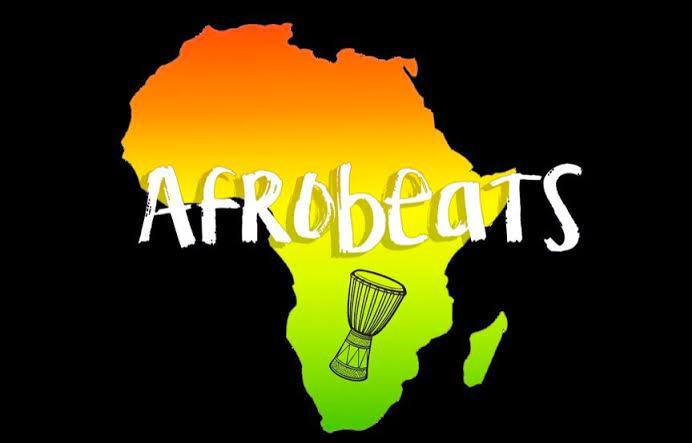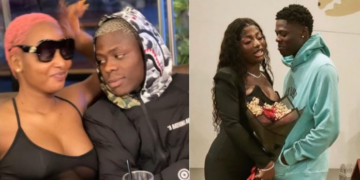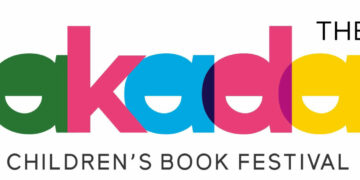Afrobeats, a genre that has taken the global music scene by storm, is not just a sound but a musical movement that connects Africa and the world. Born from the streets of Lagos, Nigeria, it has evolved into a sound that is alive and comprises various beats fused in one sound. Beyond music, Afrobeats has permeated fashion, dance, and youth culture, inspiring trends across continents.
From the street styles of Lagos to the viral dance challenges on social media, Afrobeats has become a driving force behind a global cultural shift that embraces African creativity. Afrobeats has become the umbrella term for contemporary African music, distinct from Euro-American pop. This unique sound has swiftly traveled across the Atlantic, gaining momentum in the UK and Europe, where it has become an integral part of the musical landscape.
The UK, in particular, has played a pivotal role in Afrobeats’ global ascension. The genre’s popularity was fueled by the African diaspora community, who craved a connection to their cultural heritage. Afrobeats continued to increase its presence and popularity in the mainstream British music scene, successfully inspiring a young generation of UK artists and music producers, and not to forget its Afro precedent.
Collaborations between Afrobeats pioneers, such as Wizkid and Davido, and UK-based musicians, like Stormzy and Skepta, further amplified its reach. The glamour of winning awards, such as the MTV Europe Music Awards, BET Awards, and MOBO Awards, has placed Afrobeats and the artists on the global map as a major force in the music industry.
As Afrobeats became more popular in Europe, its catchy beats quickly spread to the United States. There, it won over American fans with memorable performances at famous venues. Today, Afrobeats is influencing many parts of American music. In the U.S., artists like Burna Boy and Tiwa Savage are helping to make Afrobeats even more popular. American award shows, like the Grammy Awards.
As Afrobeats keeps attracting people around the world, artists like Kwate, a singer-songwriter who represents the genre’s success in reaching different places, have become important people who are helping it grow even more. With a special style that mixes traditional beats with modern ideas, Kwate has won over fans everywhere, making him one of the top representatives of Afrobeats’ worldwide growth.
Kwate, whose real name is David Cross Idukomose, started his worldwide journey in Lagos, a city known for its entertainment. He then moved to Malaysia and finally to the United States. There, he gained international fame for his special mix of traditional and Afrobeats music. This global journey led to Kwate being recognized with nominations for the Mnet Asian Music Awards and African Entertainment Awards Malaysia in 2010/2011. He has performed in over 100 countries, including famous venues in Europe, Moscow, India, and Botswana,etc.
Kwate’s teamwork has resulted in special moments with famous artists like Mary J. Blige, Bennie Man, Jaywon, Oritse Femi, Side One, and Magnito. They made a popular song called “On Ground.” These different partnerships show Kwate’s ability to mix styles and his commitment to sharing Afrobeats’ lively music in the United States and around the world.
Like Kwate, Rhythim is also part of the new group of Afrobeats supporters who mix Nigerian beats with worldwide sounds, keeping the genre interesting for people everywhere. Inspired by Afrobeats greats like Fela Kuti, Victor Uwaifo, and Tony Allen, Rhythim’s songs smoothly combine Nigerian rhythms with modern styles.
After moving to the US in 2018, Rhythim focused on introducing Afrobeats to American listeners. His well-received EPs – Play, Naijarated, and Afrobeats & Jollof (2021-2022) – highlight his distinctive style, which is strongly influenced by Nigerian culture and food. Rhythim’s success in the US shows how popular the genre is worldwide and confirms his role, along with Kwate, as a key promoter of Afrobeats’ worldwide growth.
This crossover success is echoed in the achievements of other Nigerian artists who have made significant waves in the US music scene. Olubowale Victor Akintimehin, known professionally as Wale, is another Nigerian-American artist making waves in the US music scene. Wale’s success as a Nigerian-American rapper highlights the ongoing cultural fusion between Afrobeats and American hip-hop, infusing both genres with a fresh blend of Afrocentric rhythms and modern rap sensibilities. His Nigerian heritage has consistently influenced his music, showcasing the rich cultural exchange between Africa and America.
The worldwide popularity of Afrobeats has also spawned a new wave of Afrobeats ambassadors, who mix traditional rhythms with modern styles. Ayo Jay, also known as Boy Wonder, is a great example of this blend. Born in England to Nigerian parents, Ayo Jay’s music combines pop with Afrobeats. After moving to the US for college, his love for music got him a record deal with One Nation and RCA. Songs like “Your Number” and its remix with Fetty Wap made Ayo Jay famous worldwide, showing how Afrobeats can cross over to different music scenes. This success shows how Afrobeats can connect with people from all over the world, no matter where they come from.
Afrobeats is more than just a genre; it’s a powerful force that continues to shape global culture, uniting people across continents through a shared love of rhythm and melody. As the genre evolves, its ambassadors like Kwate, Rhythim, Wale, and Ayo Jay will continue to lead the movement, keeping it at the forefront of global music and uniting cultures through rhythm and melody for generations to come.





